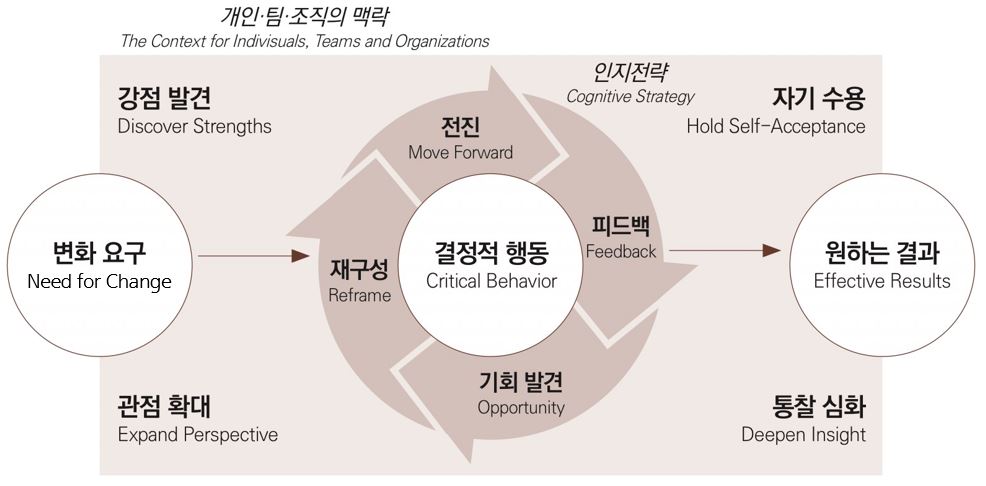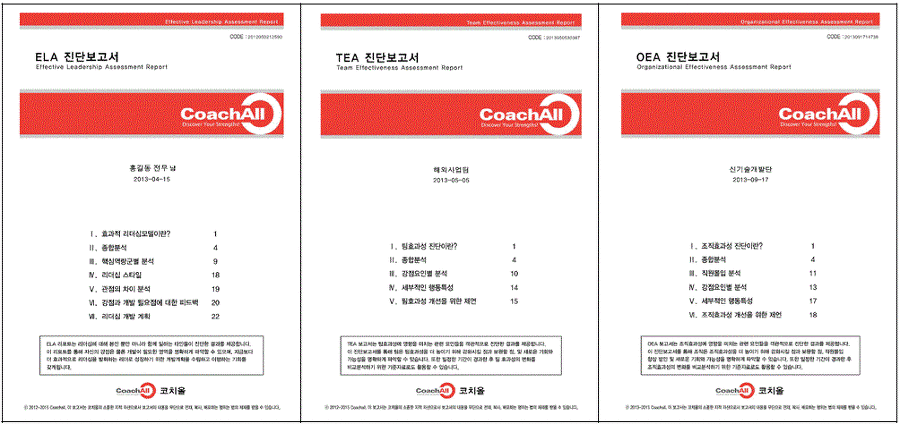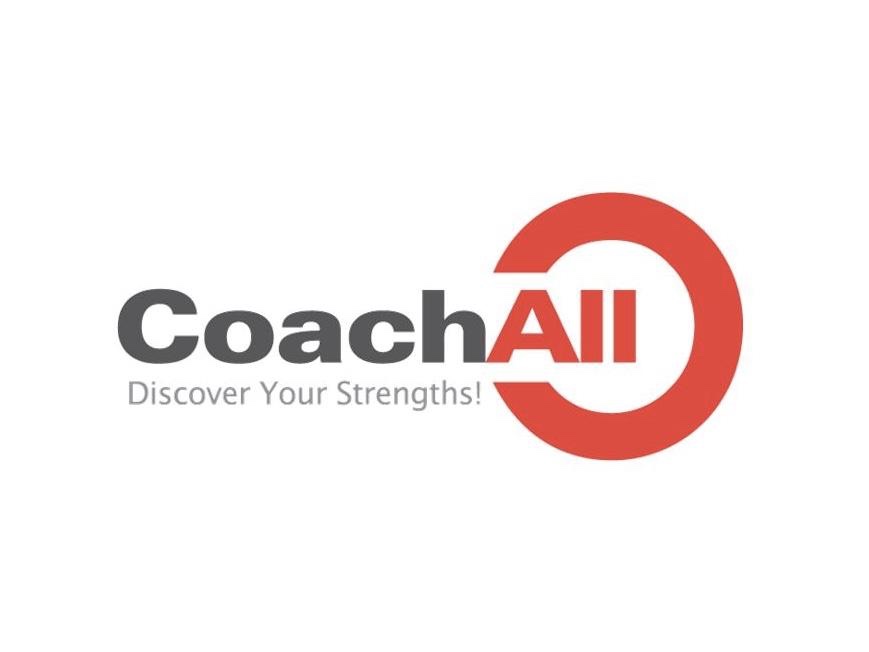| 일 | 월 | 화 | 수 | 목 | 금 | 토 |
|---|---|---|---|---|---|---|
| 1 | 2 | 3 | 4 | 5 | 6 | 7 |
| 8 | 9 | 10 | 11 | 12 | 13 | 14 |
| 15 | 16 | 17 | 18 | 19 | 20 | 21 |
| 22 | 23 | 24 | 25 | 26 | 27 | 28 |
- Effectiveness Coaching Model
- 3S-FORM Coaching Model
- 원하는 결과
- 씽킹 파트너
- 떠도는 마음 사용법
- 효과성 프레임워크
- 이종서 코치
- 미위마인드 mewemind.com
- Coach Sukjae Lee
- 효과성 코칭 모델
- thinking partner
- 관점 코칭
- 생각 파트너 이석재생
- 증거기반코칭
- 코칭심리학 공부방
- 코치올
- 현장중심 코칭심리학
- 결정적 행동
- 3S-FORM Coaching Model과 뇌과학의 결합
- 경영심리학자의 효과성 코칭
- Sukjae Lee Ph.D.
- 효과성 코칭 방법론
- 효과성 코칭
- Effectiveness Coaching
- 실행력을 높이는 코칭심리학 수업
- 관점 전환
- 생각 파트너 이석재
- 현징증심 코칭심리학
- 코칭방법론
- Effectiveness Coaching Methodology
- Today
- Total
코치올
Origin of Effectiveness Coaching 본문
Sukjae Lee Ph.D.
Creator of the Effectiveness Coaching Methodology
2025. 11. 18
Who created effectiveness coaching?
Instead, the concept of coaching effectiveness has been a subject of ongoing study and various models over time, with contributions from many researchers and practitioners in the fields of:
- Organizational and Business Coaching
- Psychology
- Leadership Development
Key individuals who have contributed significantly to the evaluation and modeling of coaching effectiveness include:
- Donald Kirkpatrick (1977): His seminal four-level model for evaluating training programs (which includes results and behavior changes) is often adapted to assess coaching effectiveness.
- Erik de Haan: A prominent researcher who has published meta-analyses on the effectiveness of executive coaching.
- Richard R. Kilburg: Known for his work on executive coaching and models for successful coaching processes.
In summary, "effectiveness coaching" is more of a descriptive term for a goal-oriented approach in the coaching profession rather than a trademarked or named system by one specific person.
Would you like to know more about the key factors that determine coaching effectiveness?
How about effectiveness coach mother model?
The "Effectiveness Coaching Model" (sometimes abbreviated as the mother model for Effectiveness Coaching) was created by Dr. Sukjae Lee, a business psychologist, and his colleagues in South Korea.
This is a specific, structured methodology, distinct from the general concept of "effective coaching."

💡 Key Details of the Effectiveness Coaching Model
- Creator: Dr. Sukjae Lee (S. Lee, 2014)
- Focus: It's a unique methodology that centers on maximizing a client's 'effectiveness' to help them achieve their desired results.
- Core Assumption: The model is founded on the idea that "people seek effectiveness to increase the possibility of achieving their desired results in life."
- The Coach's Role: The coach is viewed as an expert partner who collaborates with the client to identify factors in their life context that influence the possibility of achieving results, and then helps to promote those factors.
- Cognitive Strategies: The model uses four pillars of cognitive strategies to support coaching conversations, including the discovery and application of strengths.
This specific model is a structured, goal-oriented activity developed within the context of business psychology and is distinct from other generic coaching models like GROW or ACHIEVE, or models related to parenting (like "Essential Coaching for Every Mother").
Tell me more about effectiveness coaching methodology.
References
Lee, Sukjae (2006). Develop 18 Core Leadership Competencies. Seoul: Kim & Kim Books.
Lee, Sukjae (2014). Effectiveness Coaching by a Business Psychologist. Seoul: Kim & Kim Books.
Lee, Sukjae (2019). Thought Revolution That Changes My Life. Seoul: Wildbooks.
Lee, Sukjae (2020). Coaching Methodology. Seoul: Korea Coaching Supervision.
Lee, Sukjae (2020). How to Use a Wandering Mind. Seoul: Plan B Design.
Lee, Sukjae (2023). Field-Focused Coaching Psychology. Seoul: Hakjisa.
Lee, Sukjae (2024). Coaching Psychology Class for Boosting Execution. Seoul: Hakjisa.
Lee, Sukjae (2024). Thinking Partner. Gyeonggi: Moa Books.
Lee, Sukjae & Lee, Jongseo (2025). Perspective Shift. Seoul: Parkyoungstory.
🎯 효과성 코칭의 핵심 원리와 정의
효과성 코칭은 다음과 같은 핵심 가정과 정의에 기반합니다:
- 핵심 가정: 사람들은 자신의 삶을 주도적으로 구성하려는 동기를 가지며, 원하는 결과를 얻을 가능성을 높이는 효과성을 추구합니다.
- 효과성의 정의: 원하는 결과를 얻은 정도를 의미하며, 목표 달성 가능성을 높이는 핵심 가치로 정의됩니다.
- 코칭 정의: 개인과 조직이 원하는 결과를 얻을 가능성을 높이는 구조화된 목표지향적 협력 활동입니다.
이석재 박사는 이 코칭을 통해 단순한 행동 변화를 넘어 **내면의 성장(자기인식, 자기대화, 자기성찰)**을 함께 추구하는 통합적인 접근 방식을 특징으로 합니다.
⚙️ 효과성 코칭 모델의 4단계 설계
효과성 코칭은 목표 지향적인 4단계 프로세스로 구조화되어 있습니다. 이는 코칭의 시작부터 끝까지 효과성을 체계적으로 관리하고 측정하기 위한 논리적 틀입니다.
| 단계 | 주요 활동 내용 | 목표 (Focus) |
| 1. 변화 요구 파악 | 고객의 현재 상황, 문제, 성과 목표, 원하는 결과를 명확하게 정의하고, 변화의 필요성을 확인합니다. | Needs Analysis |
| 2. 변화 목표 설정 | 효과성 향상에 결정적인 영향을 미치는 **결정적 행동(Critical Behavior)**을 중심으로 코칭 목표를 구체적으로 설정합니다. | Goal Setting |
| 3. 행동 변화 코칭 | 코칭을 통해 고객이 결정적 행동을 실행하도록 돕고, 내면의 변화 엔진인 **3S(자기인식, 자기대화, 자기성찰)**를 활용하여 변화를 가속화합니다. | Behavioral Change |
| 4. 코칭 성과 평가 | 코칭 개입이 고객의 효과성에 미친 변화를 객관적인 진단 도구를 사용하여 측정하고 검증합니다 (증거 기반 코칭). | Outcome Evaluation |
🛠️ 주요 하위 모델 및 도구
효과성 코칭 방법론을 실제로 현장에서 적용하기 위해 몇 가지 주요 하위 모델과 진단 도구가 사용됩니다.
1. 3S-FORM 행동변화 모델
이는 단계 3인 '행동 변화 코칭'을 이끌어내는 핵심 도구입니다. 3S는 내면의 성장 엔진을, FORM은 **결정적 행동(Critical Behavior)**을 설계하는 과정을 의미합니다.
- 3S (내면 변화):
- Self-Awareness (자기인식): 자신의 강점, 약점, 관점 등을 명확히 인지합니다.
- Self-Talk (자기대화): 건설적이고 긍정적인 내적 대화를 유도합니다.
- Self-Reflection (자기성찰): 경험을 통해 배우고 성장하는 성찰의 과정을 촉진합니다.
- FORM (행동 변화 설계):
- Feedback: 객관적인 자료를 토대로 코칭 고객의 현재 모습(리더십 현황, 인식체계, 정신 모형)에 대해 초점을 맞춥니다.
- Opportunity: 피드백에 따른 내면의 잠재성 발견과 통찰을 토대로 가능한 기회를 발견한다.
- Reframe: 기회를 현실화하는 변화와 도전을 통해 내면의 심리체계(정신모델, 의미체계)를 재구성한다.
- Move Forward: 새로운 목표와 꿈을 이루는 구체적인 행동 계획을 수립하고 실행으로 옮깁니다.

2. 증거 기반 진단 도구
효과성 코칭은 객관적인 성과 측정을 중시하는 증거 기반 코칭(Evidence-Based Coaching)을 표방합니다. 이를 위해 다음과 같은 진단 도구를 활용하여 코칭 전후의 변화를 정량적으로 측정합니다.
- ELA (Effective Leadership Assessment): 효과적인 리더십 진단 도구 (개인 효과성).
- TEA (Team Effectiveness Assessment): 팀 효과성 진단 도구 (팀 효과성).
- OEA (Organizational Effectiveness Assessment): 조직 효과성 진단 도구 (조직 효과성).
이석재 박사의 효과성 코칭 방법론은 특히 객관적인 성과 향상과 실질적인 행동 변화를 중시하는 기업 및 조직 코칭 분야에서 높은 활용 가치를 가지는 것으로 평가받습니다.

[Figure 3] Effectiveness Tools (ELA, TEA, OEA)
효과성 코칭 참고 자료
이석재(2006). 18가지 리더십 핵심역량을 개발하라. 서울: 김앤김북스.
이석재(2014). 경영심리학자의 효과성 코칭. 서울: 김앤김북스.
이석재(2019). 내 삶을 바꾸는 생각 혁명. 서울: 와일드북.
이석재(2020). 코칭방법론. 서울: 한국코칭수퍼비전.
이석재(2020). 떠도는 마음 사용법. 서울: 플랜비디자인.
이석재(2023). 현장중심 코칭심리학. 서울: 학지사.
이석재(2024). 실행력을 높이는 코칭심리학 수업. 서울: 학지사.
이석재(2024). 씽킹 파트너. 경기: 모아북스.
이석재.이종서(2025). 관점 전환. 서울: 박영스토리.
'3. 코칭심리연구 > 코칭심리 탐구' 카테고리의 다른 글
| Positive Outcomes made by Effectiveness Coaching (0) | 2025.11.18 |
|---|---|
| Self-Talk: Creating an Inner Supporter (0) | 2025.11.18 |
| Effectiveness Coaching: 정의와 특징 (0) | 2025.11.17 |
| 효과성 코칭(Effectiveness Coaching)의 특징과 활용 (0) | 2025.11.15 |
| Emotional Self-awareness in Effectiveness Coaching (0) | 2025.11.15 |





